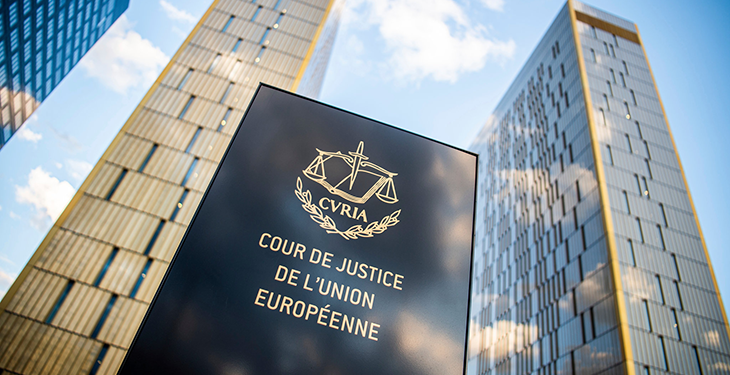On 17 September, the European Court of Justice (ECJ) ruled in favor of Hidroelectrica in the proceedings against ANRE concerning the restrictions imposed by the regulator on exports of electricity in Case C-648/18 (Preliminary reference – Internal market of electricity – Free movement of goods – Article 35 TFEU – Quantitative restrictions on exports – Measures having equivalent effect – National measure requiring electricity producers to supply the entire quantity of electricity available exclusively on a centralized competitive market in the Member State concerned), the company announced.
In its reasoning, the Court stated that Articles 35 and 36 TFEU must be interpreted as meaning that national legislation which, as interpreted by the enforcement authority (ANRE), requires national electricity producers to offer the full amount of available power on platforms managed by the sole operator of the national electricity market designated for electricity trading services constitutes a measure having equivalent effect to a quantitative restriction on exports, which is not likely to be justified on grounds of public safety related to safety of supply to the extent that such legislation is not proportionate to the objective pursued.
Moreover, the ECJ considered that the interpretation of ANRE had the effect of depriving the Romanian electricity producers who obtained trading licenses in other Member States, whose electricity markets have a functioning coupled with that of Romania, by the possibility to trade electricity bilaterally and, if necessary, to export it directly to these markets.
“I believe that a very important step has been taken towards normality and towards a reality for which Hidroelectrica has been fighting for many years and which it wants to be definitive – the free energy market. Liberalization eliminates the gaps between the prices on the markets in Romania and those in other Member States, the main beneficiary of this correct price being, in the end, the customer.
The European trend and desire is towards a free intra-community trade, with minimal restrictions, without arbitrary interventions likely to distort the natural economic flow. Only the free market, viewed in an inclusive context – national, regional, European, is the one that guarantees a fair price for both those who produce and those who consume energy. Competition between players, the balance between supply and demand, the context and conditions of production are what regulate the value of energy and the import-export flow. I never understood the regulator’s interventions on a self-regulating system. We hope that such distortions will remain just an unpleasant memory, and that producers, along with other actors in the energy system, enjoy predictable legislation, in which the success of a company is built on its own performance and strategy, without fear of changing rules during the game,” said Bogdan Badea, President of Hidroelectrica.
By Law 123/2012, energy producers were obliged to sell all energy on OPCOM, thus a de facto banning to energy exports being imposed. The restriction was argued at the time on grounds of supply security, but – in the context of market unification, there is no practical justification.
The decision of the ECJ will be submitted to the Bucharest Tribunal, which will take the final decision in the dispute between Hidroelectrica and ANRE that is taking place in Romania.
